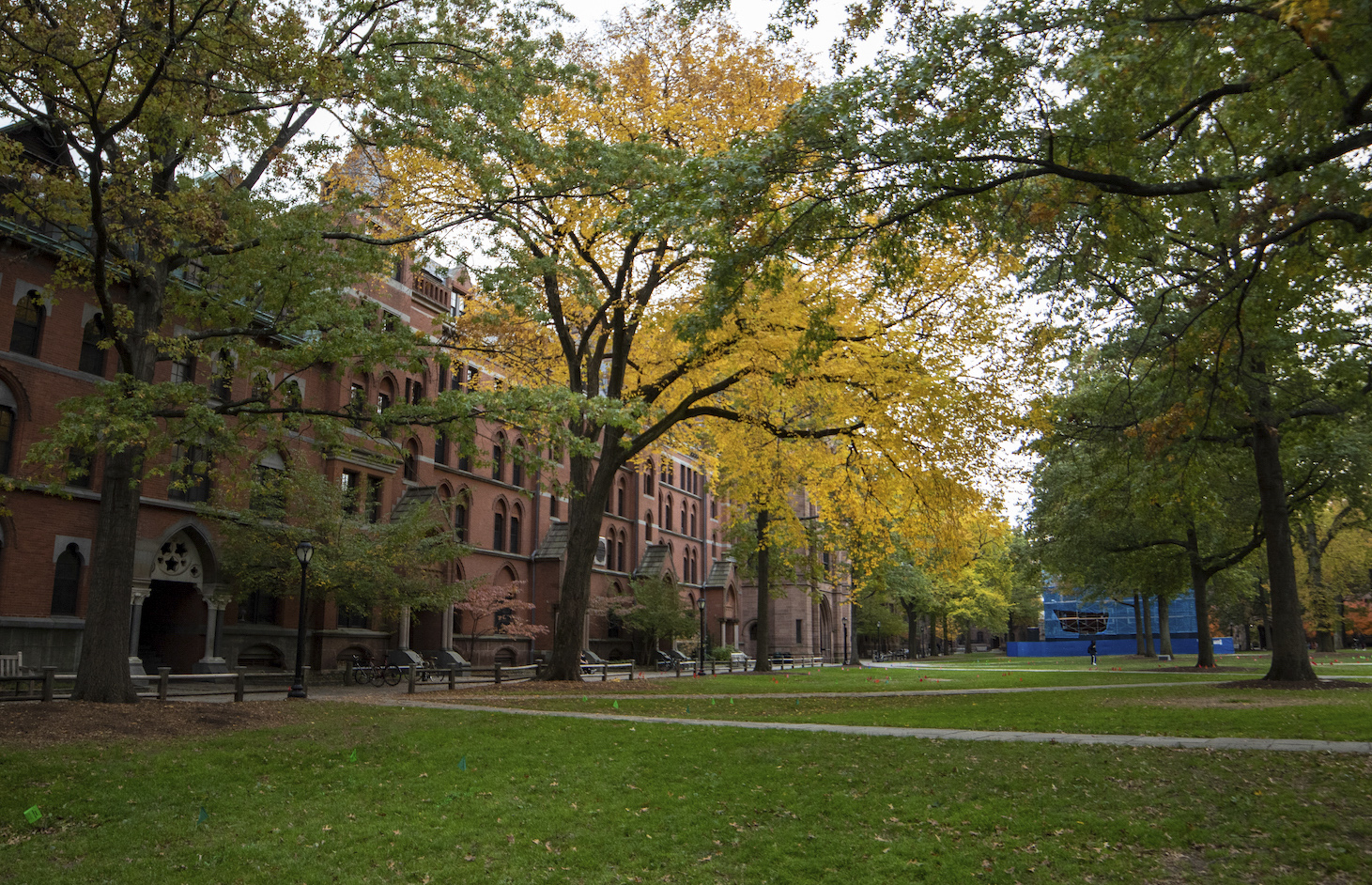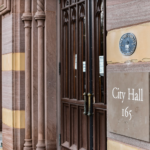Yale declines majority of federal COVID-19 relief funding
The University accepted $4.7 million in funding to distribute among Yale College, graduate and professional students on financial aid.

Zoe Berg, Photo Editor
Yale has passed up a total of $28.9 million in government COVID-19 relief funds over the last year, accepting just $4.7 million, which it allocated among students with high financial need.
The aid — granted by the Department of Education through the Higher Education Emergency Relief Fund, or HEERF — was allotted in three rounds. The University declined the first round of funding in April 2020, following criticisms from the Trump administration toward Harvard University for accepting the money. Instead, the University called on the government to reallocate the funding to colleges and universities with greater need. In the second round, in January 2021, Yale accepted the money for which it was eligible. Now, with a third, and likely final, round of funding, the University has chosen to decline its allotment.
Some students said they wish the University had accepted more funding to subsidize outstanding expenses in a financially difficult year — especially costs first-generation, low-income students face. University spokesperson Karen Peart told the News that declining the funding allows it to be allocated to other institutions that have more need.
“Yale University declined the $17.4 million allotted to Yale in the third round of the Higher Education Emergency Relief Fund … with the expectation that the funds would be reallocated to other colleges and universities, ideally among institutions in Connecticut,” Peart wrote in an email to the News. “Yale accepted $4.7 million from HEERF II and awarded the full amount to students with exceptional financial need in Yale College and the graduate and professional schools.”
Peart added that the University gave “particular attention” to the financial needs of students at the School of Nursing and School of Public Health when distributing the aid, because their training “is critical to the future health and safety of our communities.”
HEERF II stipulated that institutions that paid or were required to pay the endowment excise tax in tax year 2019 — which includes Yale — could only receive half of their allocation, reducing their eligible funding by 50 percent. The endowment tax levies taxes on investment income for institutions with endowments over $500 million, meaning Yale could only receive half of the roughly $9.4 million it was allocated. But for HEERF III, which was part of the recently passed American Rescue Plan, Congress eliminated this requirement, making the University eligible to receive $17.4 million with a minimum amount for student aid of $8.7 million.
“Yale’s decision acknowledged the Biden Administration’s suggestion that any institution with high endowment per student ratios may decline its full award or a portion of its award. … Any voluntary decline of funds will be redistributed [by the Biden administration] to institutions with greater needs,’” Peart explained.
Dan Madzelan, assistant vice president of government relations for the American Council on Education, told the News that there was “some altruism” on the part of institutions like Yale and Harvard for choosing to decline the money.
“The idea behind the relief fund was that it was not just providing financial aid for students, but also for other revenue losses that colleges and universities faced as a result of the pandemic,” Madzelan said in a phone interview. “Recognizing that they [Yale and Harvard] have financial reserves that could be tapped and the money they otherwise would be entitled to maybe is better spent elsewhere.”
Some students disagreed with the University’s choice to decline all the federal funding it was offered.
According to Logan Roberts ’23, the Yale College Council’s financial accessibility policy director, the University should accept all the funding it can and allocate the money to initiatives that would support first-generation, low-income students. He specifically mentioned subsidizing printing, laundry and textbooks, as well as offering replacement electronics in the case of emergency malfunction. The YCC is working with the administration on these initiatives but has not discussed federal funding as a potential source, Roberts said.
Peart emphasized that the University continued to meet the full financial needs of undergraduates and provided emergency support to students with COVID-19 related expenses.
Geraldo Salcedo ’23 said that despite Yale’s large endowment outside of HEERF funding, he did not receive the overall financial support he needed. Salcedo received HEERF II funding and used the money to travel home after the semester ended, but it was not enough to pay “outstanding expenses” as a result of the pandemic.
“I was disappointed that, after denying federal assistance, the University still did not provide adequate aid to low income students,” Salcedo wrote to the News.
Reilly Johnson ’22, former vice president of the Yale College Council, told the News that as long as students face financial hardship due to the coronavirus pandemic, Yale “has the responsibility to either accept and distribute federal aid or meet that need from their own funds.”
An August Bloomberg article noted that the size of Yale’s financial reserves has likely increased during the pandemic. University endowments had some of their biggest growth in recent years, with endowments over $500 million experiencing a median growth of 34 percent. Yale’s endowment was most recently valued at $31.2 billion in June 2020. Amid the pandemic, University officials reported a 6.8 percent investment return for the 2020 fiscal year.
Madzelan added that with many “big picture” items — such as President Joe Biden’s $3.5 trillion budget proposal — in front of Congress over the next several months, he doubted that a fourth round of HEERF funding is imminent.
Biden’s budget vision includes tuition-free community colleges, increased investments in historically Black colleges and universities and an expansion of the Pell Grant — which is awarded to undergraduate students with high financial need.









